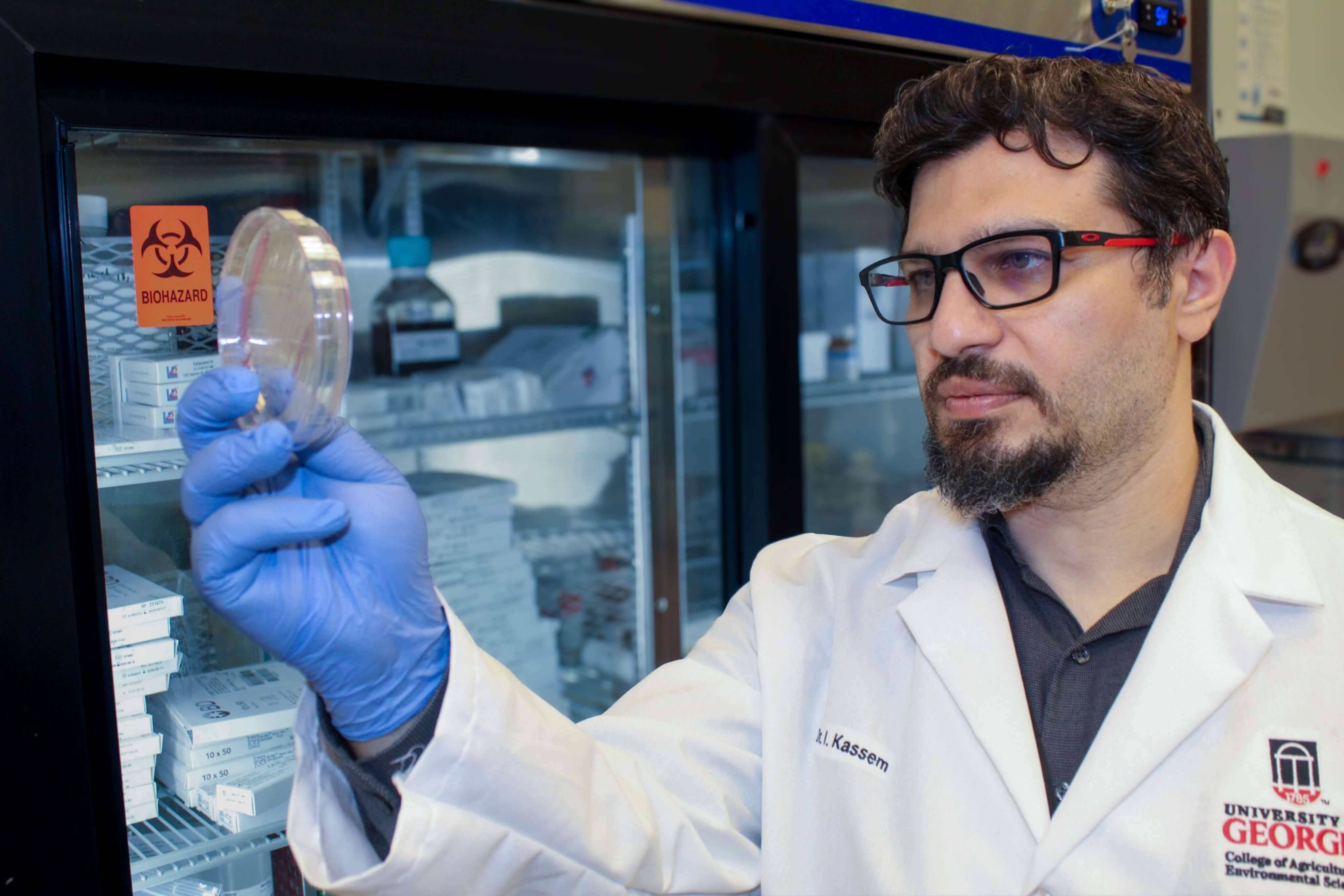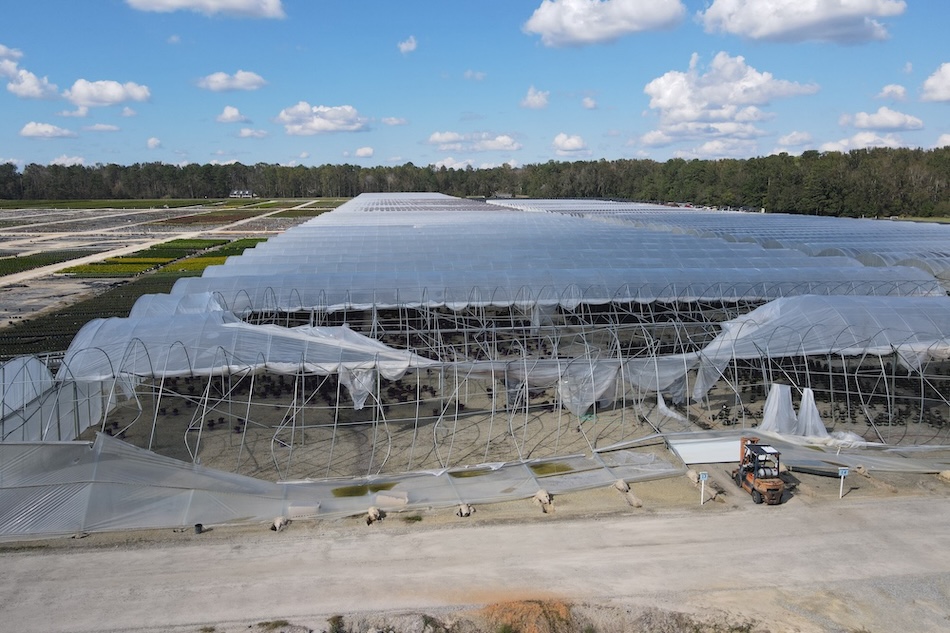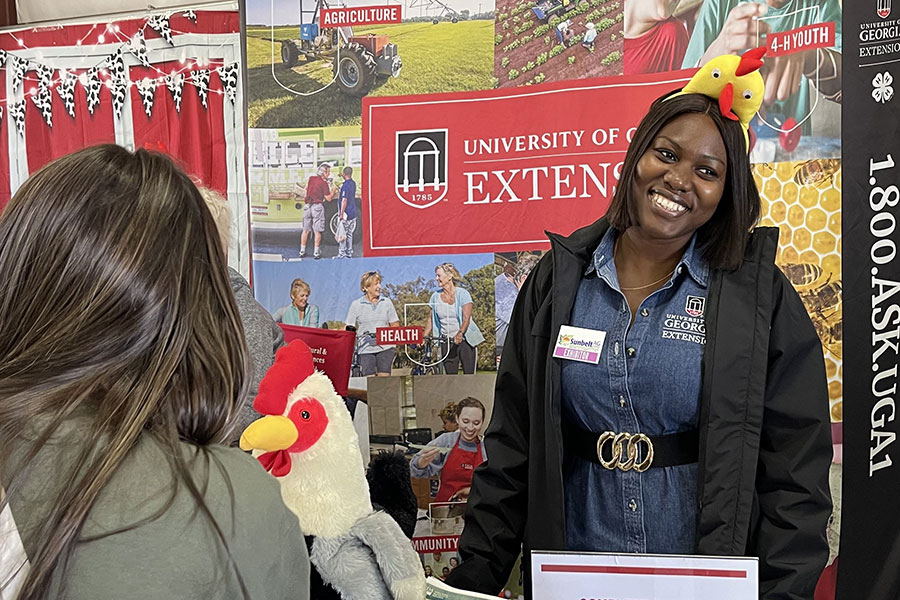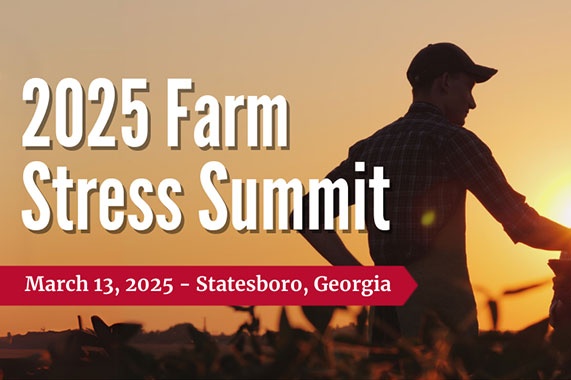 CAES News
CAES News
Heat Illness Prevention
When outdoor temperatures climb into triple digits and the humidity becomes suffocating, most people head inside. But for Georgia’s farmers, farmworkers and landscape professionals, the work doesn’t stop when the heat index rises to dangerous levels. As the hottest weeks of the year stretch ahead, the physical, mental and emotional risks of working outdoors increase. Extreme heat doesn’t just threaten crops, turfgrass and livestock — it wears down the people who grow our food and maintain our green spaces.








